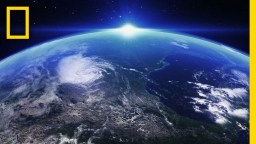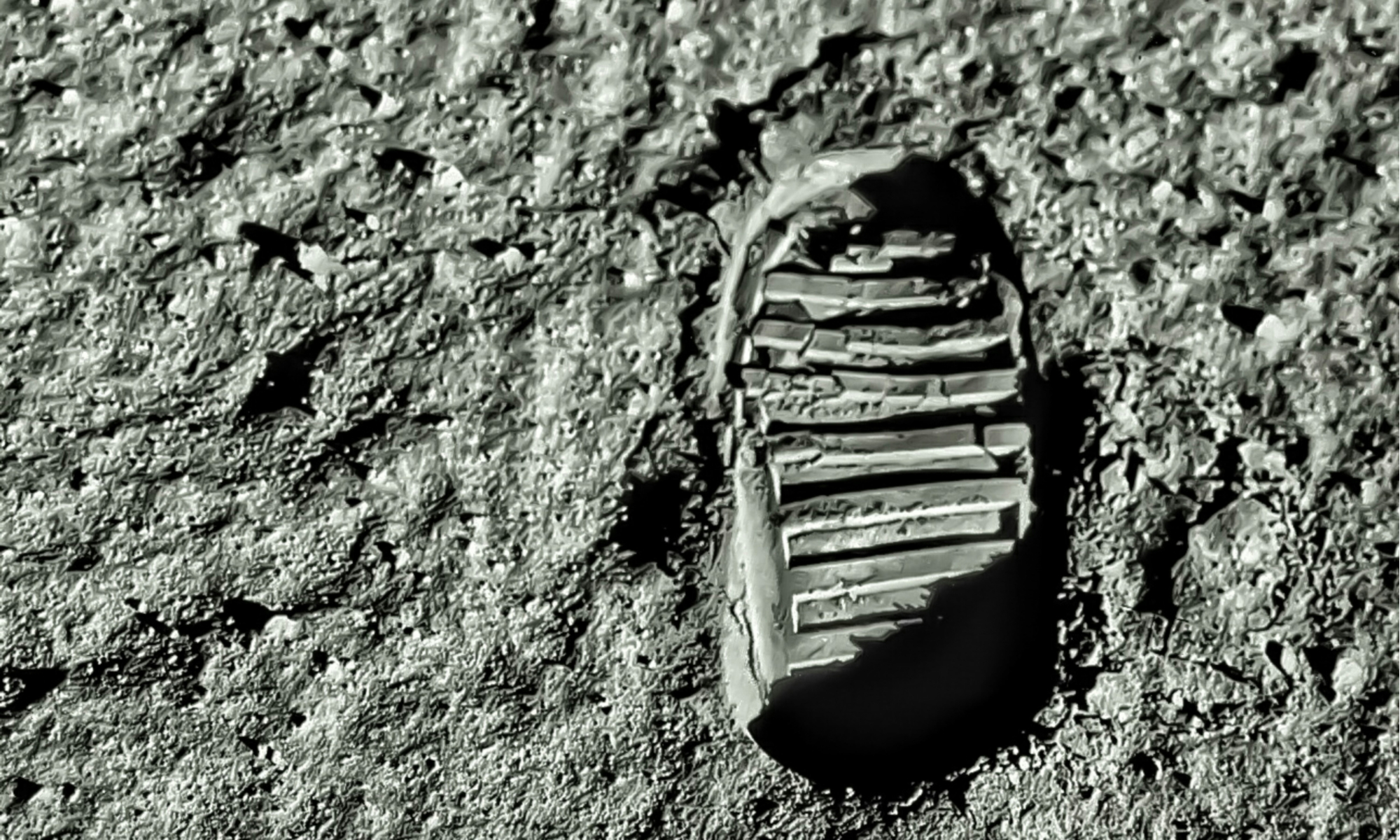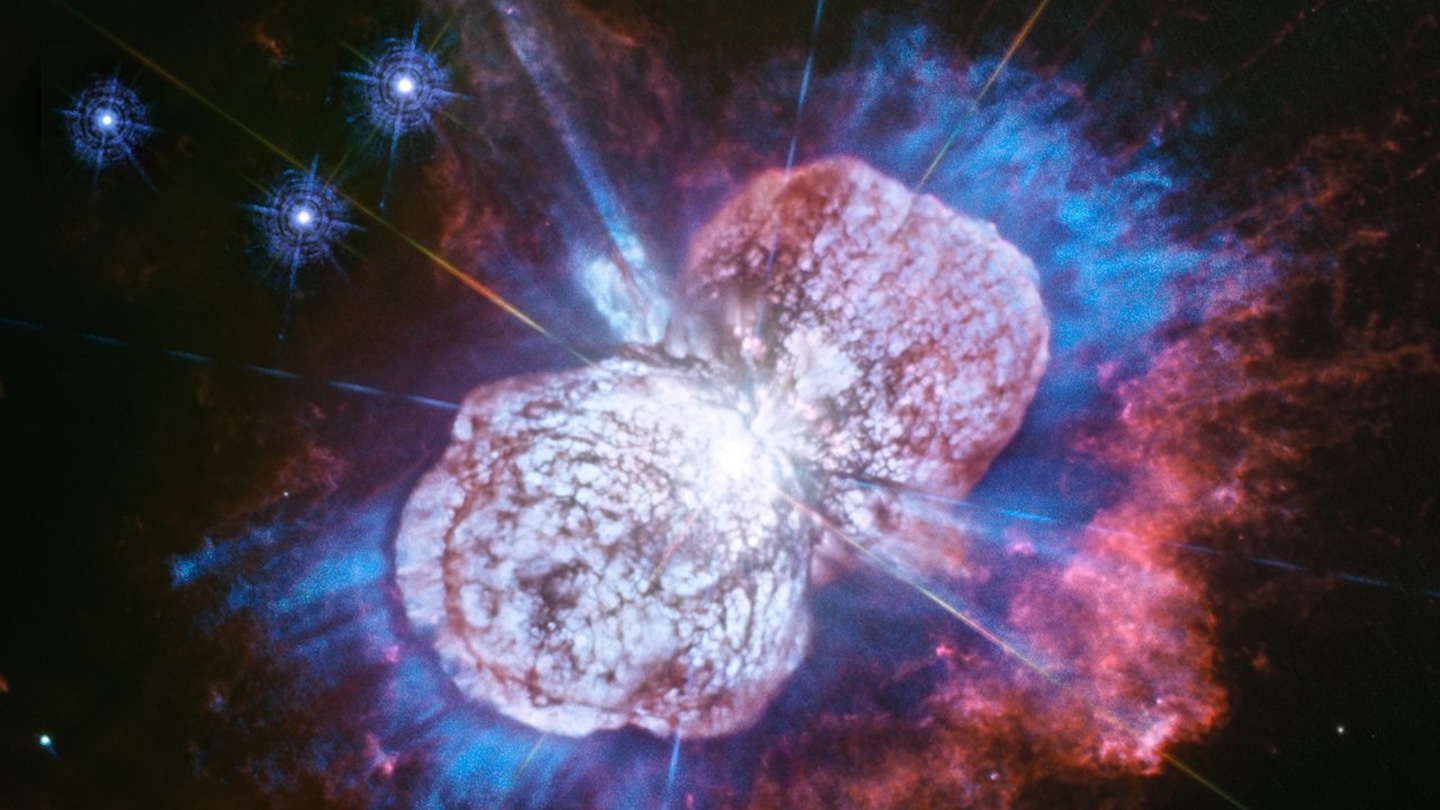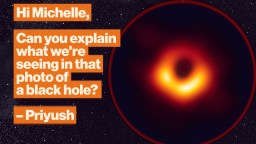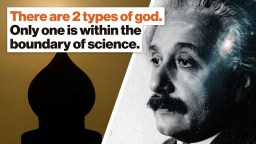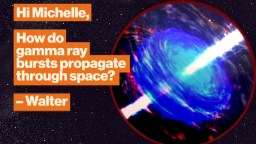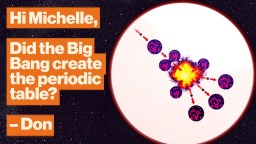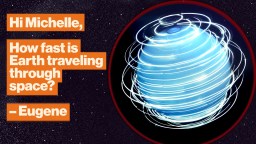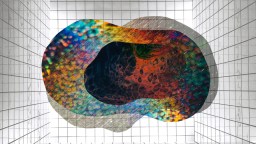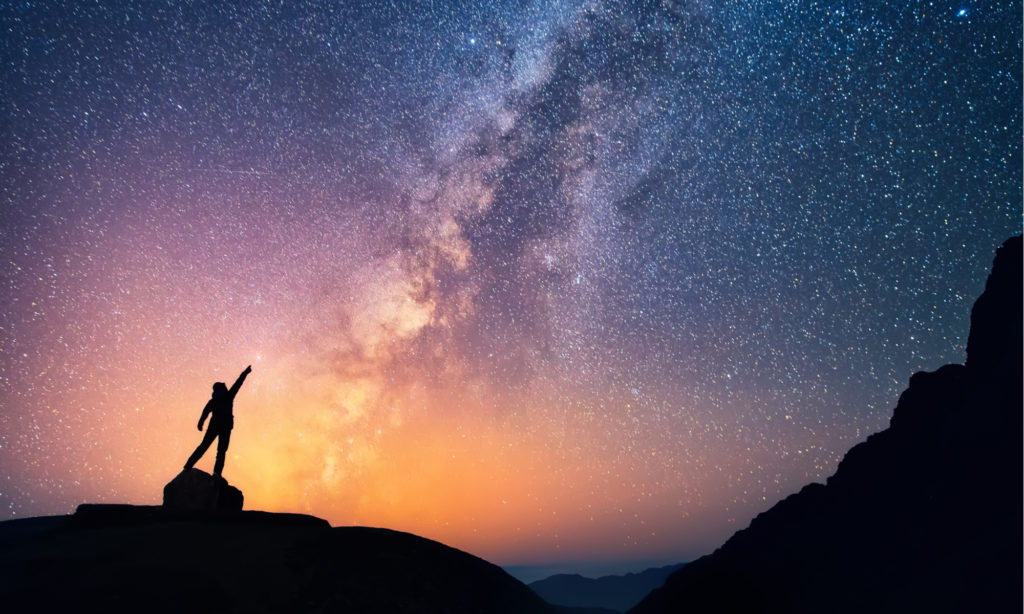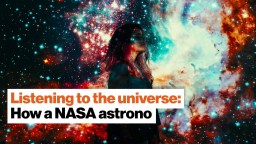cosmos
Documentary explores astrobiology, astronauts, and the awe of it all.
▸
with
She may not be ours forever.
What will it take to conquer our immemorial space dream?
Astronaut company Virgin Galactic will become first to be publicly traded.
When it comes to theories of the universe, the Big Bang theory is almost accepted as a fact. However, it’s still uncertain, and some scientists believe that the universe didn’t began with a bang, but a bounce.
While the world considers future trips to Mars, two astrophysicists make a case for exploring asteroids.
Apollo 11’s moon landing inspired many to reach for the impossible.
Hubble captures the afterglow of an epochal blast.
The recent photo of a black hole is something extraordinary. Here’s why.
▸
6 min
—
with
Does God exist? The answer rests outside the “normal” boundaries of science.
▸
3 min
—
with
Could 16 Psyche make every person on Earth a billionaire? The space mining race is heating up.
The flying rotorcraft drone is set to land on Saturn’s largest moon in 2034.
An astrobiologist joins a like-minded global community in ramping up the search.
▸
with
Gigantic explosions of light are reverberating across the universe.
▸
7 min
—
with
NASA JPL takes a first step toward a GPS for space.
When you zoom far enough out, our universe has a very unusual structure.
One of Stephen Hawking’s predictions seems to have been borne out in a man-made “black hole.”
The periodic table was a lot simpler at the beginning of the universe.
▸
6 min
—
with
Some have suggested that there is no hidden giant out there.
We are hurtling through space. But where are we going?
▸
7 min
—
with
The massive Starlink satellite network from SpaceX is causing worries.
Black holes may give us a glimpse of the underlying nature of reality.
▸
7 min
—
with
New research based on observational data from the Spitzer telescope provides clues as to how the universe first emerged from its dark age.
A new NASA report shakes up lunar geology.
The answer is surprisingly simple, if cataclysmic.
All life as we know it relies on carbon and water. But researchers speculate this doesn’t have to be the case.
A tiny grain found within a meteorite in Antarctica sheds light on how the solar system itself came to be.
